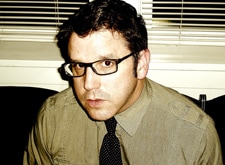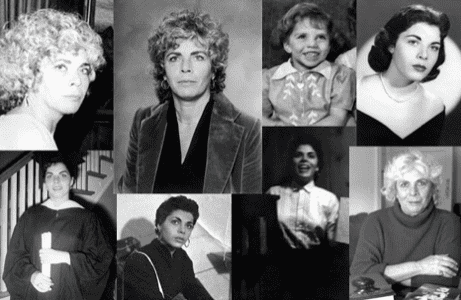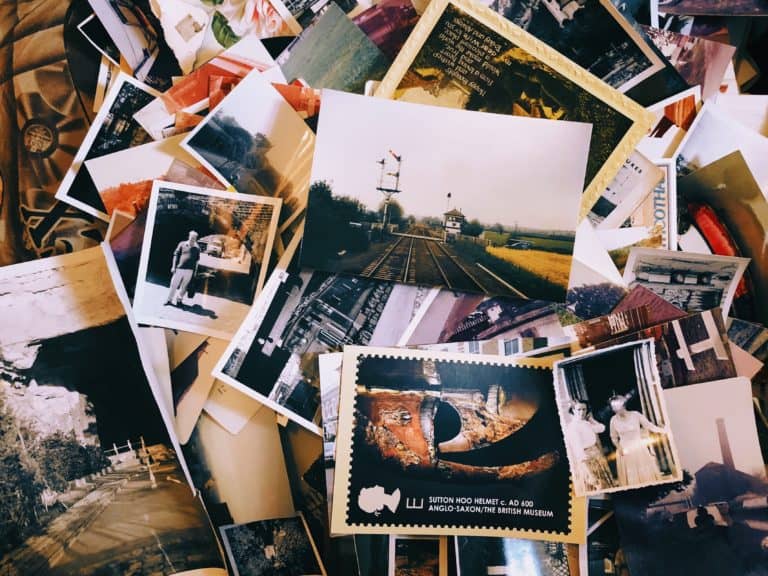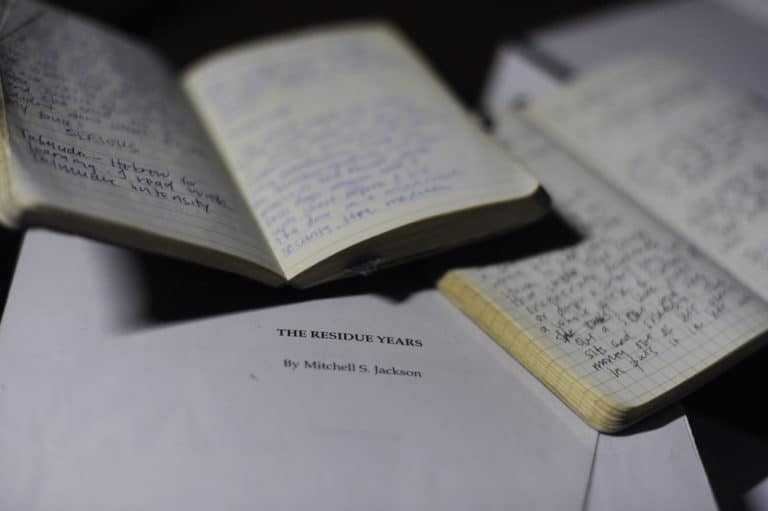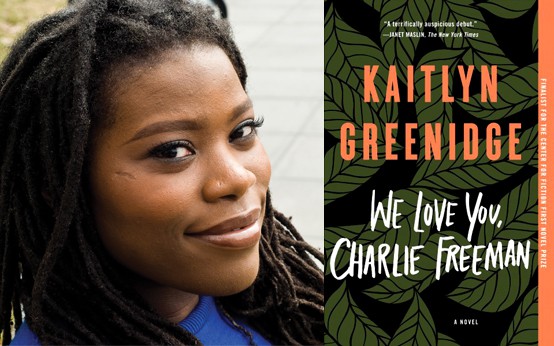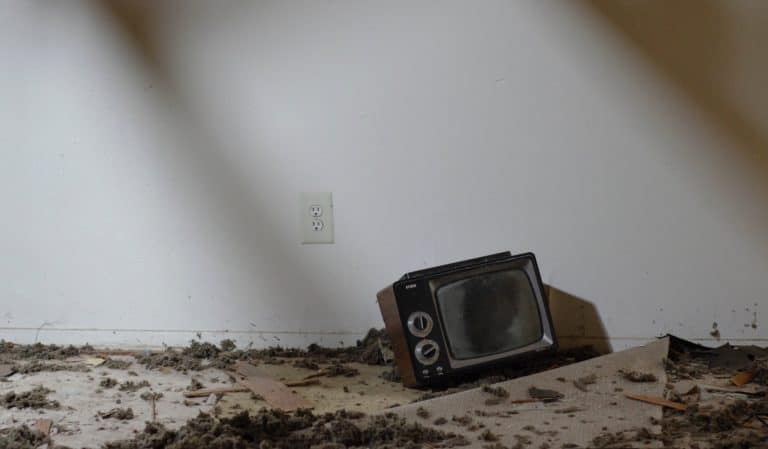A new generation of very small presses is thriving, thanks to social media and advances in technology. Here, writer/bookseller/publisher Kevin Sampsell offers advice for literary DIY.
I started my micro-press, Future Tense Books, back in 1990 and I honestly had no idea what I was doing for the first few years. The dawn of the Internet, along with more printing options, has made it easier to run a small press since then.
Don’t let people tell you that small press publishing is a ghetto. Some of the authors I’ve worked with have gone on to major presses.
In addition to running Future Tense, I work at Powell’s, the biggest bookstore in the country, and one of my jobs is to run the small press fiction and poetry sections (also literary journals and zines). I’ve learned a lot from doing that job, like the kinds of mistakes others make when starting up a press. I don’t know everything. But here’s a list of things I do know.
*If you’re funded by a bigger press or by a university, you’re not really a micro-press.
*A micro-press sometimes publishes books with staples.
*Doing a micro-press usually means you’re doing everything all by your lonesome or with one or two friends. Get an intern if possible.
*I’ve had a few interns the past several years and I’m still trying to figure out what to have them do. But I’ve mainly used mine to help with book layout and website stuff (because I’m not so hot at that).
*Speaking of websites, you’ll obviously need one. Tumblr and WordPress are easy to use, cheap and look pretty good. Having a Facebook page or a Twitter account doesn’t hurt either. Forget about Myspace—only bands use it now. Make sure to get set up with Paypal on your site or blog, so people can buy directly from you.
*Unless you’re making a lot of money doing this, don’t try to get fancy and hire employees that you actually pay. Find friends who want to do this with you because they enjoy it, not because they want to strike it rich with the next bestseller.
*Use the talents of your friends and acquaintances. If you know great visual artists, ask them if they’ll do a book cover for you. If they want to get paid, ask if they’re okay with getting some free books, or give them a free dinner at the restaurant where you wait tables. Or give them free guitar lessons. Or mow their lawn. Recommend them to others for paying work in their field. Bartering is good!
*Micro-presses are like microbrews. You’re trying to make something powerful and delicious, often in your basement with weird, smelly equipment.
*This can be time-consuming, but you should make connections with a handful of bookstores that will carry your books. It might be hard to find the right person at these stores, and often people just don’t respond to emails, but keep trying.
*I’m not against using Amazon, though. They’re actually pretty easy to work with, even if their cut is bigger than other places.
*You probably won’t get your books in chain stores like Borders or Barnes and Noble. Not at first anyway.
*Don’t be pushy or passive aggressive with bookstores. If they don’t want to carry your book, just move on to the next option.
*If you have a hard time dealing with bookstores, you should be happy to know that more and more people do buy books on-line. If you’re listed at Amazon, maybe Powell’s, your own website, and another bookstore or distributor or two, you can survive.
*Be realistic about how many books you’re going to sell. I’ve seen too many people blow their money wad on printing 3,000 copies of their first book and then sell less than 100 copies. Then you have two problems: You don’t have enough closet or garage space to put the books and you can’t afford to publish another book. Your publishing career is finished.
*On the other hand, don’t be a doofus and print only 16 copies of someone’s book. If an author took the time to write it and you thought it was good enough to publish, make it accessible and print a decent number to start with, even if that number is as low as 100.
*Don’t price your books too high. I firmly believe a paperback book shouldn’t be more than $15, unless it’s 500 pages or something. And if that’s the case, why are you publishing 500 page books?!
*The more affordable you make your book, the more you will sell. Price does matter.
*If you want to publish a book in hardcover, that’s cool–if it’s a limited special edition kind of thing. But don’t print a bunch of hardcovers like you’re the next Random House. Most people who buy and read small press books like paperbacks better.
*I used to hate print-on-demand books. They were crappy-looking (the washed-out looking covers especially) and they were priced too high. Things have improved, though, and I think there are some good places out there now—but only for your printing needs! Don’t use places like iUniverse and Publish America and say they’re your publisher. You’ll probably lose money by using them.
*My favorite print-on-demand company is Lightning Source. They’re easy to deal with, they have a connection to a distributor (Ingram), and they’re affordable, even if you’re just printing 50 copies at a time. Some people use Lulu but my personal opinion is that they’re too expensive.
*Speaking of money, you probably won’t be making enough to pay anyone, even your authors in most cases. I have always paid my authors in copies of their books. That way, they can sell their copies at readings or wherever and make a little money too if they want. Generally, I give authors 20% of the print run. If I make 200 copies of a chapbook to start, the author gets 40 right off the bat.
*As far as the design of a book goes, it should look no different than those being published by “professional” publishers, even if it’s bound by staples or hand-sewn. Have a great cover design and a good title. Don’t get all bland because “it’s what’s on the inside that counts.” People see the outside first.
*Some people don’t like blurbs on books but I personally think they’re good at getting people’s attention. A book with an enthusiastic blurb from a known (or at least a like-minded) writer might earn some initial respect from a potential reader and sway them to buy it.
*If you publish authors who are good promoters of their work, it makes a huge difference.
*If your author doesn’t publish his or her writing elsewhere and never bothers to talk to other writers, the book will fail 90% of the time.
*I will tell you a secret: Friends like to talk about their friends’ books. Don’t be afraid to ask friends to talk up your books on their blogs, websites, Goodreads, Amazon, etc. It’s okay to have connections, go to readings, support other presses, or even schmooze a little. Become a part of your community, or make your own if there isn’t one.
